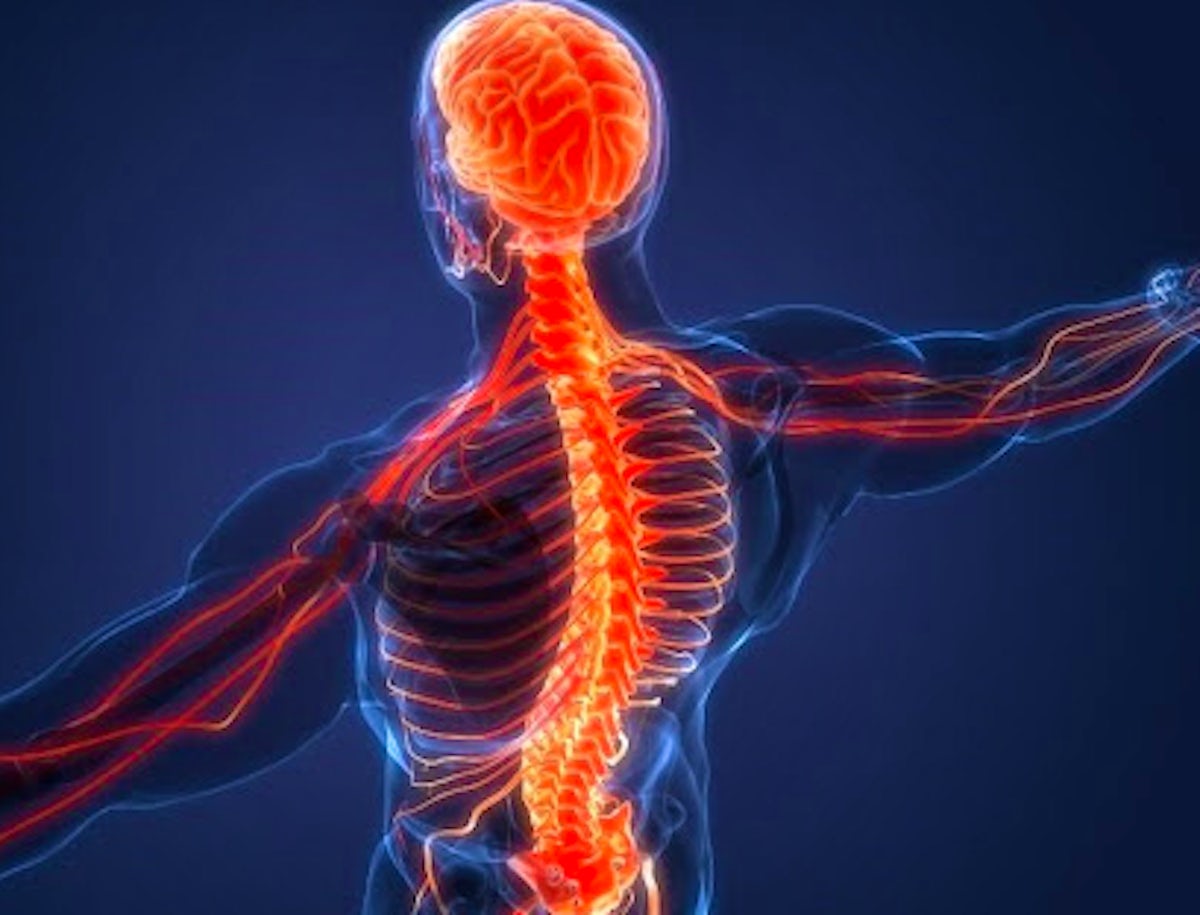
For the average person, medical terms can be confusing. Doctors often toss around words during appointments that we may not fully understand, but sometimes it can be embarrassing to ask for clarification, so we just act like we know what the doctor is saying. Especially when words sound alike, patients may get home and realize that they’re actually confused by their diagnosis or instructions that were given. Two such similar sounding words are neurology and neuropathy, but they’re actually two very different things. So, what’s the difference between neurology and neuropathy?

It’s easy to see why these words are confused, because of the “neuro” at the beginning of each word. The thing to remember is that neuro is a prefix referring to the nervous system, which is how these words are related. So, let’s talk about neurology. What is neurology? Neurology is the science or study of the nervous system, which is made up of the brain, spinal cord and nerves.
Now, what is neuropathy? There are different neuropathy types, but the most common is called peripheral neuropathy, because it’s an ailment that affects the peripheral nerves. Here are some peripheral neuropathy basics: the peripheral nerves are the nerves that are distributed around the body and send signals from different body parts to the brain and spinal cord. When these nerves become damaged, the resulting peripheral neuropathy can cause weakness, numbness, and pain, especially in the extremities. It can affect other body parts, too, causing problems with digestion, urination, and circulation. There are different classifications of peripheral neuropathy, depending on which types of nerves are affected. The motor nerves are the ones under our conscious control, the sensory nerves transmit information about touch and sensation, and autonomic nerves control the activities we don’t control consciously, like breathing and digesting food.
There’s currently no cure for neuropathy, but treating it early can stop the condition from progressing. Peripheral neuropathy treatment focuses on addressing the underlying cause of the issue. Neuropathy is often caused by diabetes, but it can also be the result of vitamin deficiency, injury or infection, autoimmune diseases, alcoholism, and even certain medications. If you think you may have neuropathy, see a doctor as soon as you can so that it can be treated early.
Whenever you have a medical question you need answered, don’t be nervous about asking the experts at Oregon Medical Centers. Founded in 1989 as First Choice Chiropractic, Oregon Medical Centers was established in 2018 after adding Medical Providers and becoming an integrated medical facility. Specialists in treating car accident and workplace injuries, we also treat conditions like sciatica, pinched nerves, TMJ, neck and back pain, headaches, joint pain, and much more. We offer chiropractic care, physical therapy, massage, and regenerative medicine, and we specialize in diagnosing and treating chronic pain. Our dedicated medical team provides high-level care and compassion for patients in a collaborative environment where patients get the best possible treatment. What’s more, our insurance department assists in the insurance process, to alleviate stress for patients and allow them to focus on getting better. For more information, to find a location, or to schedule an appointment, call (503) 390-1552 in Salem, (503) 642-2845 in Aloha, or contact us through our website.